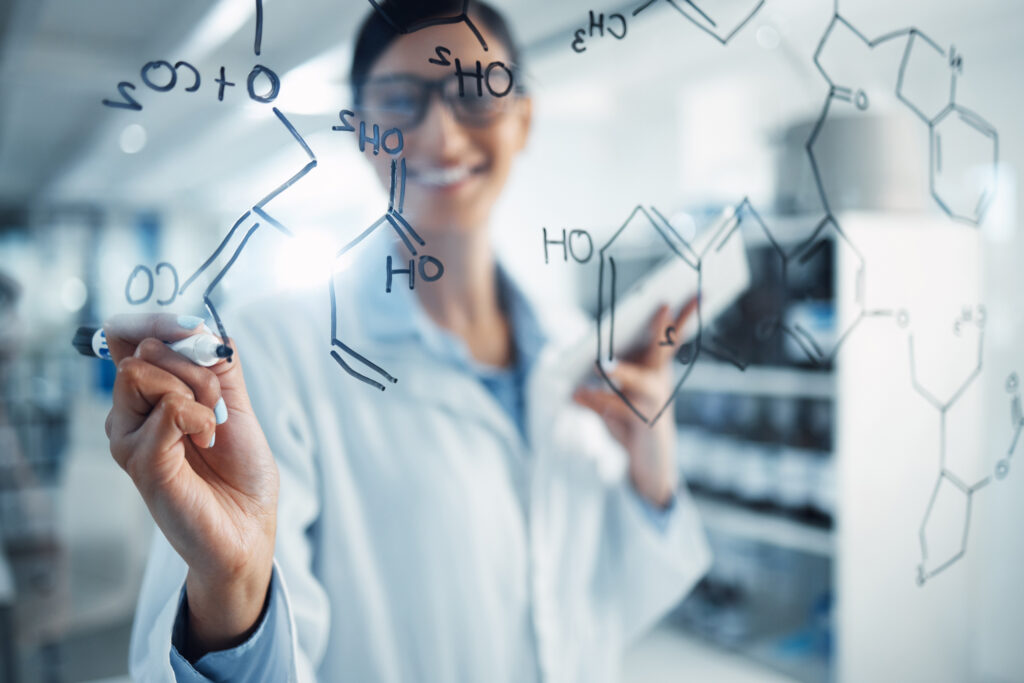
YOU ARE BOUVÉ
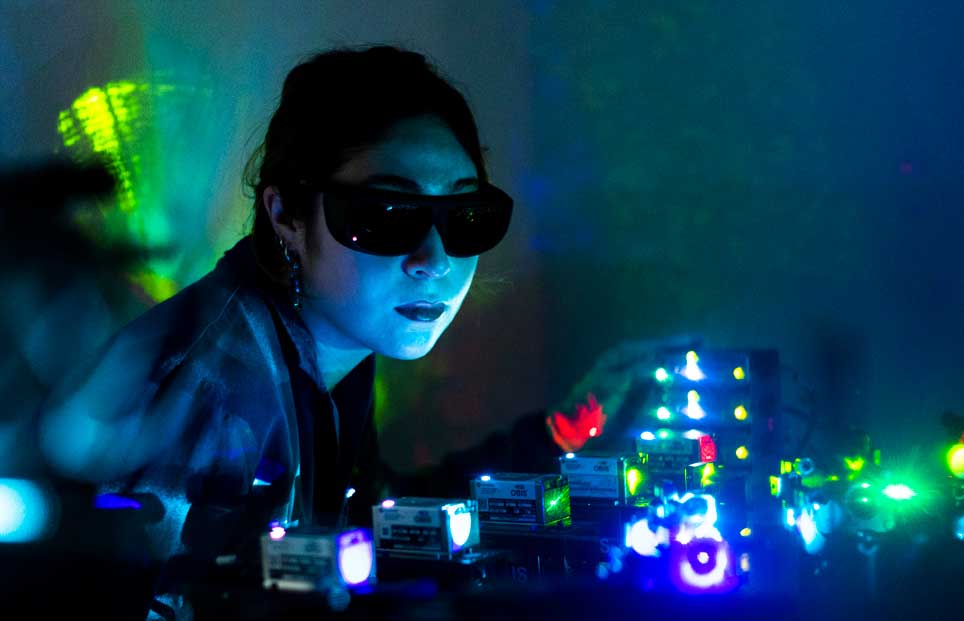
The Department of Pharmaceutical Sciences at Northeastern University is a leading center for research innovation, education, and professional development. We offer a forward-thinking curriculum that prepares students for dynamic careers in the pharmaceutical and biotechnology industries.
Through strong industry partnerships and an emphasis on hands-on learning, students gain experience with cutting-edge laboratory technologies, as well as artificial intelligence and machine learning applications in drug discovery and development.
Our renowned faculty lead interdisciplinary research in areas such as pharmacology, biotechnology, drug delivery, medicinal chemistry, and biomedical engineering—driving translational breakthroughs that improve human health.
Graduates are well-equipped to lead and innovate, securing positions in top pharmaceutical and biotech companies after completing original research in our well-funded labs or participating in our signature co-op and internship programs.
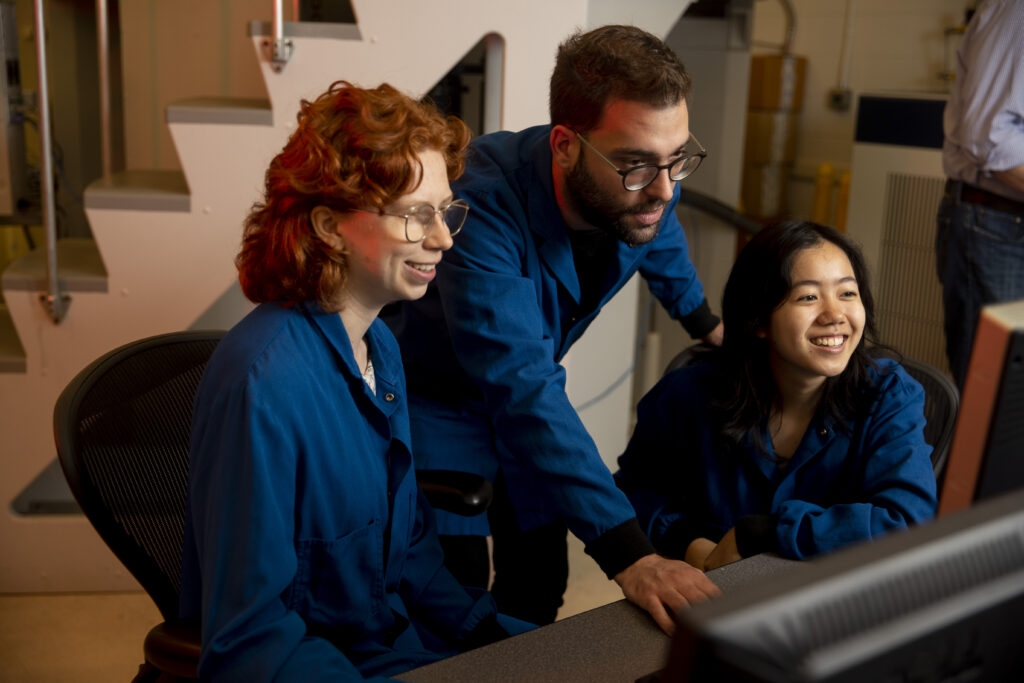
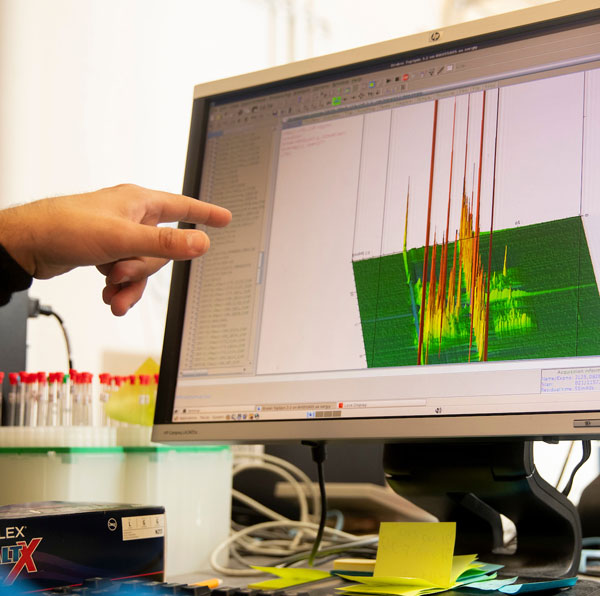

Hands-on research and real-world experience are at the heart of who we are. Applying theory to real-world issues in conjunction with industry and University faculty, our students are well-equipped to meet the professional demands of their respective careers. Below are a number of research labs and centers that leverage the pharmaceutical sciences:
Advanced BioTech Solutions for Healthcare
Laboratory of Addiction Genetics
Logothetis and Plant Lab — Heart and brain cell research (video below).
New England Inflammation and Tissue Protection Institute
The Center for Pharmaceutical Biotechnology and Nanomedicine
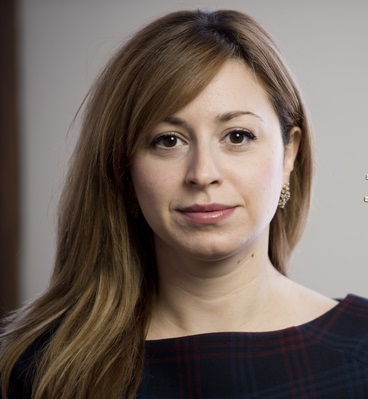
Dr. Konry’s biomedical research is transforming our understanding of cellular responses to therapies through innovative lab-on-a-chip single cell and tissue-chip technologies. Her mission is to create and lead the next revolution in precision-based cancer treatment by providing patients with another chance at life.
Faculty Spotlight
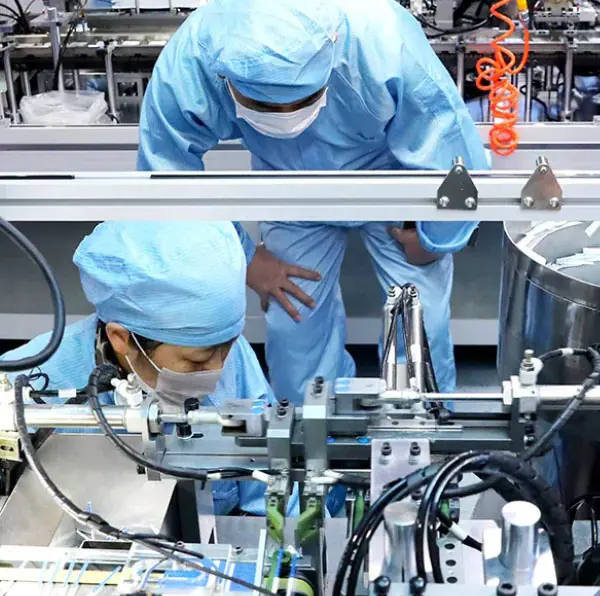
Our faculty comprise world-renowned researchers, dedicated educators, and accomplished scientists whose groundbreaking work spans from cancer therapies to precision medicine, transforming patient care while inspiring the next generation of pharmaceutical innovators.
MEET OUR FACULY
Northeastern University Pharmaceutical Industry Fellowships Program is a two-year experiential program. Our program provides fellows an opportunity to work with our innovative biopharmaceutical industry partners while collaborating with Northeastern University faculty in the areas of professional and career development, service, scholarship, and teaching.
Upon completion of the program, students will be prepared to:
Upon completion of the program, students will be prepared to:
Upon completion of the program, students will be prepared to:
Upon completion of the program, students will be prepared to:
Upon completion of the program, students will be prepared to:
Upon completion of the program, students will be prepared to:
The Doctor of Philosophy (PhD) program learning outcomes are the following:
Upon completion of the program, students will be prepared to:
Upon completion of the program, students will be prepared to:
Department Office
617-373-3224
Administrative Offices Located at 140 Fenway
Mailing Address
Northeastern University School of Pharmacy and Pharmaceutical Sciences
360 Huntington Avenue, R218 TF
Boston, MA 02115
Office of the Dean
Tel: 617-373-5209
[email protected]